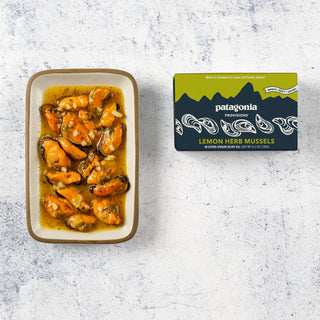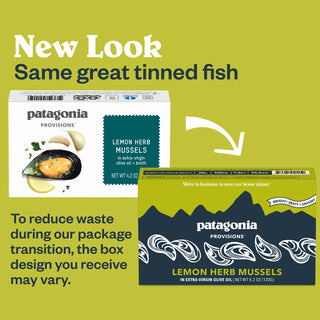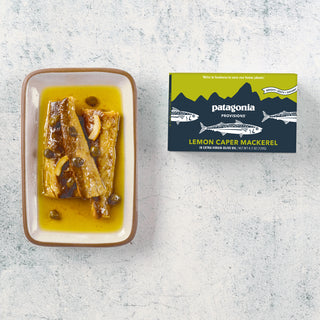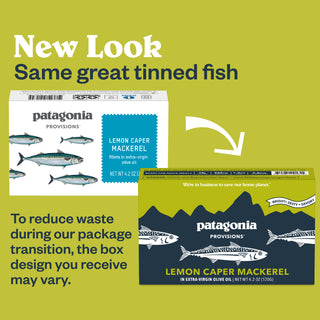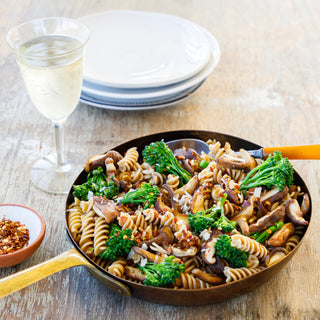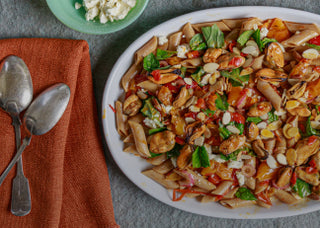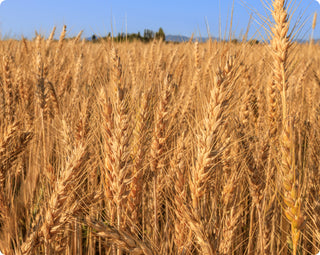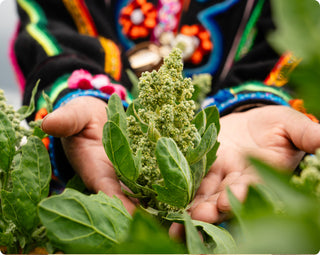
Seeds
Photo courtesy of SIMPLi
Every crunch of our organic Multiseed Crackers features two extraordinary seeds: chia and quinoa. These seeds, sourced from Regenerative Organic Certified® (ROC) farms in Peru, are more than just a delicious addition to the ROC wheat in our crackers. They’re part of a growing movement to feed people through farming practices that rebuild healthy soil, support ecosystems and empower local communities.
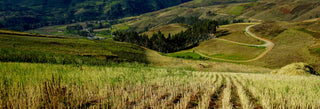

Nutrition: The Seeds of Good Health
Photo courtesy of SIMPLi
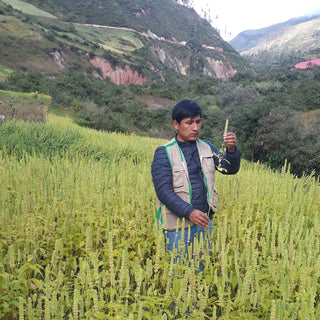
Chia seeds come from the plant Salvia hispanica which is part of the mint family. They’re prized for their sweet nutty flavor and nutritional profile. Chia seeds are loaded with protein, omega-3s and, according to the National Institute of Health, are a good source of antioxidants.
Quinoa comes from the drought-tolerant Chenopodium quinoa plant, a nutrient-dense crop. Though it’s typically referred to as a grain, quinoa is technically a seed. But it’s not just any seed. Quinoa is a complete protein, containing all nine essential amino acids. Quinoa is also packed with vitamins, minerals and antioxidants.
Photo courtesy of SIMPLi


Sourcing: Seeds with integrity
Photo courtesy of SIMPLi
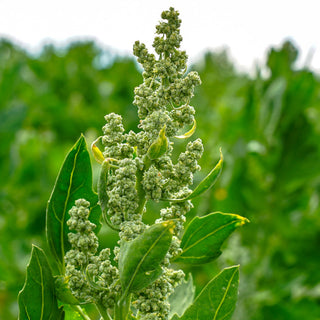
Our chia and quinoa seeds come from the Ayacucho and Apurimac regions of Peru, at the foothills of the Andes Mountains. We’ve partnered with SIMPLi, a leading Regenerative Organic brand that works directly with local farming cooperatives there.
These seeds are cultivated by farmers who prioritize the health of their soil and their communities. Regenerative organic practices like cover cropping, composting, minimal tillage and crop rotation are crucial to their farming. As they have been in for thousands of years.
Farmers plant a variety of crops—chia, quinoa, amaranth and lupini beans—in rotation, which boosts soil fertility and creates habitat for beneficial insects and pollinators. SIMPLi’s direct farmer relationships ensure the authenticity and integrity of the seeds they source. They know where the seeds were grown, who grew them, and the farming practices used.
Photo courtesy of SIMPLi
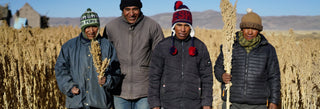

A Tradition Rooted in Culture and Resilience
Photo courtesy of SIMPLi
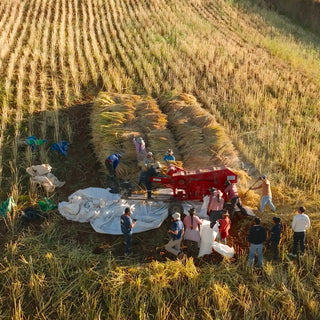
Quinoa has been a culturally significant crop in Andean society for millennia, and it is cherished as a reliable source of food security. The name quinoa even translates as “mother grain” in some Andean languages. Quinoa is so important, it was historically offered as a sacrifice in religious ceremonies.
Chia originated in Mexico but has been grown in South America for centuries, where it’s long been prized as an energy-rich food source.
The cultivation of these crops continues to strengthen local communities today. SIMPLi partners with Indigenous communities by investing in their future, sharing expertise on farming methods, soil health and market access. They also pay farmers above market rates for their crops, helping to improve quality of life and forming a sustainable economic future,while preserving cultural heritage.
Photo courtesy of SIMPLi
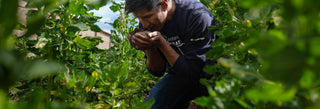

A Growing Movement
Photo courtesy of SIMPLi

